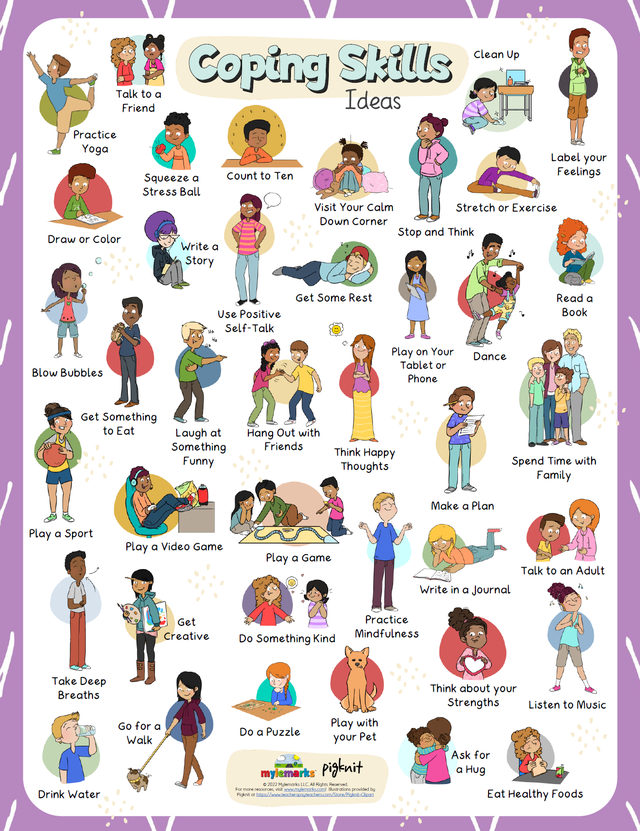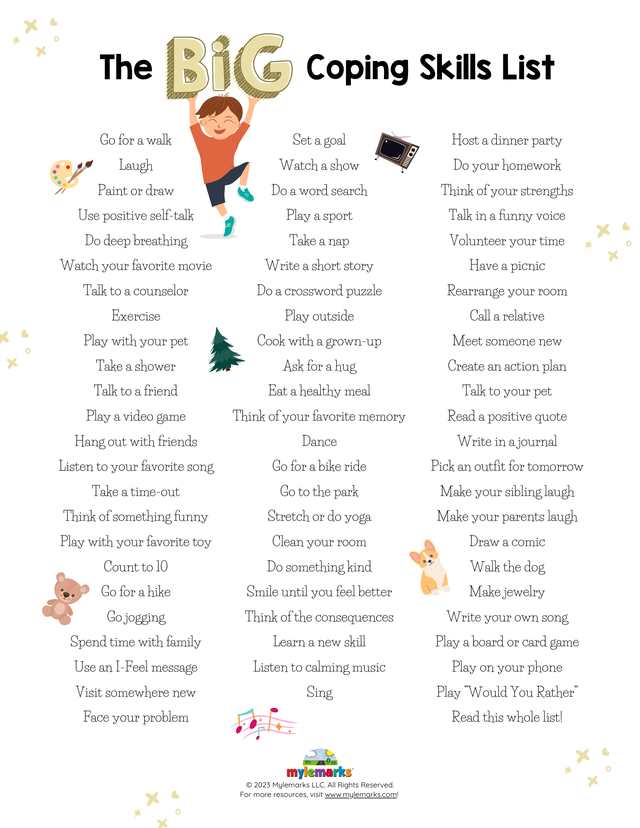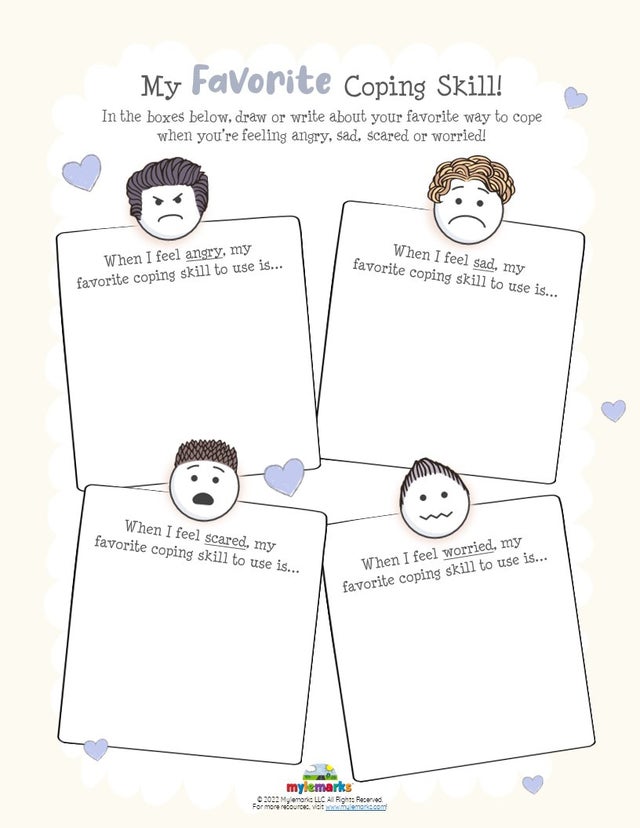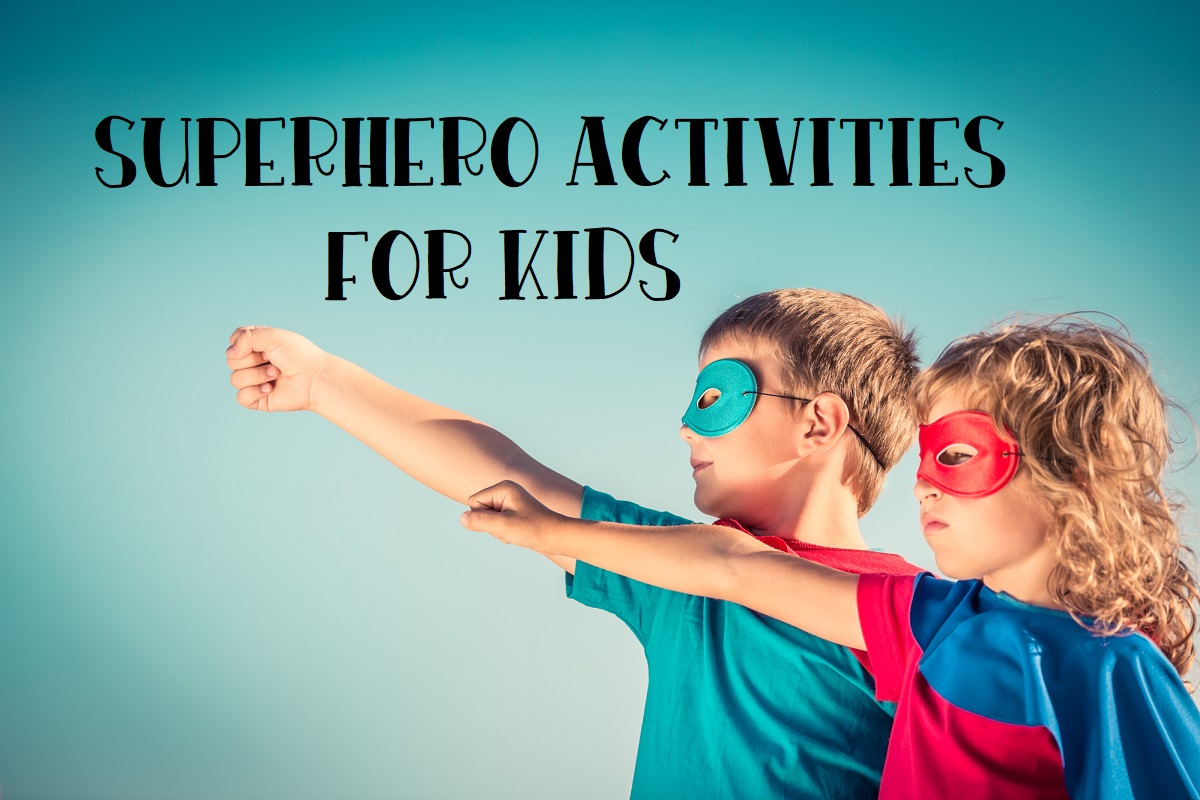- the mylemarker
- Posts
- 🎮 Cozy Gaming, a new worksheet, and more
🎮 Cozy Gaming, a new worksheet, and more
Learn about the benefits of cozy gaming for kids, discover our newest resource, and stay informed on the latest social-emotional insights for kids and teens.
THE ROAD MAP
In this newsletter, you’ll find:
🚦 First Stop (Cozy Gaming)
🛤️ Site-seeing at mylemarks.com (NEW: Grab a Coping Skill)
📣 A Word from Morning Brew
📡 On the Radar (The Columbine Effect, PCEs, and more)
📅 Mark Your Calendars
🤗 Sharing is Caring (spread the mylemarker love and earn)
Let’s go!

FIRST STOP
🎮 Cozy Gaming for Calm Minds

A growing trend known as “cozy gaming” is reshaping how we think about mindfulness and mental health in the digital space. Games like Stardew Valley, Animal Crossing, and Harvest Moon are gaining popularity not just for their gentle gameplay but for their ability to foster relaxation, emotional regulation, and even meditative states. Unlike high-stimulation or competitive games, cozy games are low-pressure, aesthetically soft, and focus on enjoyable tasks like gardening, building towns, or forming friendships. Research shows that these types of games can reduce stress hormone levels, lower heart rates, and even mimic some benefits of meditation.
“Some games might not seem calming, but if someone is able to easily play the game and they enjoy it, they might find relaxation.”
Therapist-favorite platforms like Twitch and TikTok are also seeing explosive growth in cozy game content, creating stress-free digital spaces where viewers and players alike can find calm. For kids especially, these games provide a sense of control, safety, and meaningful reflection—something many crave in today’s fast-paced, pressure-filled world. Even watching cozy game streams can trigger mirror neurons and promote empathy and emotional insight.
Cozy games may offer a surprising therapeutic tool—either as a conversation starter, emotional regulation strategy, or co-regulation activity with kids.
SITE-SEEING at mylemarks.com
NEW WORKSHEET: Grab a Coping Skill
The Grab a Coping Skill worksheet is a creative and interactive way to help kids take charge of their emotions. Each tab is a space to write down coping strategies—like taking deep breaths or listening to music—that can be torn off and used in the moment. It’s perfect when kids feel overwhelmed and need a quick visual reminder of what helps them feel better. This hands-on tool can be created in session and used in the classroom or at home and encourages kids to build a personalized toolkit of healthy coping habits.

Related Resources
Here are some additional coping skills resources to supplement this activity!
A WORD FROM MORNING BREW
There’s a reason Morning Brew is the gold standard of business news—it’s the easiest and most enjoyable way to stay in the loop on all the headlines impacting your world.
Tech, finance, sales, marketing, and everything in between—we’ve got it all. Just the stuff that matters, served up in a fast, fun read.
Look—over 4 million professionals start their day with Morning Brew’s daily newsletter, and it only takes 5 minutes to read. Sign up for free and see for yourself!
ON THE RADAR
🕯️ The Columbine Effect and a Teen’s Tragic Death
After 13-year-old Audree Heine died by suicide in December, her mother, Jaimee Seitz, discovered the teen had been drawn into an online subculture that idolizes the Columbine shooters. Known as the True Crime Community (TCC), this group romanticizes mass violence and preys on teens who feel isolated and bullied. Audree had written about her declining mental health and fascination with the Columbine killers in her journal. Seitz later learned Audree had communicated with other teens who knew she was suicidal—and that two of them were plotting a school bombing in Indiana.
The story highlights how social media algorithms, particularly TikTok’s, can rapidly funnel young users into echo chambers of harmful content. A study by Amnesty Tech found that accounts mimicking 13-year-olds were shown depression- and suicide-related content within just 20 minutes. TikTok’s algorithm and lack of safeguards were a gateway to this dangerous content, according to researchers. Seitz is now advocating for change—urging for increased mental health support in schools and more accountability from tech companies, modeled after the European Union’s new Digital Services Act.
🌱 The Power of Positive Childhood Experiences
While ACEs (Adverse Childhood Experiences) have long been linked to poor health outcomes, new research shows that Positive Childhood Experiences (PCEs) can significantly buffer these effects. Feeling safe, supported, and connected as a child—even amid adversity—can lead to better mental health, fewer risky behaviors, and stronger relationships later in life. Adults with high PCEs were 72% less likely to suffer from depression, even if they also had high ACE scores.

Importantly, researchers emphasize that the absence of negative experiences doesn’t necessarily mean positive ones are present. A child may not experience emotional abuse, for example, but that doesn't guarantee they feel emotionally supported. That distinction is critical for clinicians and caregivers hoping to strengthen protective factors.
💔 The Last Resort: Parents Turning to Custody Loss for Care
In Iowa, some parents are relinquishing custody of their children—not due to abuse or neglect, but to access critical mental health care. Nina Richtman, a Des Moines mom, gave up custody of her teenage son after exhausting every avenue to help him with his severe behavioral needs. He had started fires at home, and despite therapy, crisis stabilization, and applications to more than 20 residential facilities, nothing was working. Officials say this is a growing issue, with more kids presenting severe symptoms and limited facilities willing to accept them. These youth often present with severe self-harm or violent behaviors, leaving many providers unable—or unwilling—to take them. Advocates stress the need for earlier intervention, more resources, and a safety net that doesn’t force families to give up their rights. As Richtman says, “There needs to be another way for kids with complex needs—and right now, this is the only one.”
MARK YOUR CALENDARS
Here are some upcoming dates you should know!
APRIL
National Volunteer Week (April 20–26) – Honors volunteers and promotes community service.
Earth Day (April 22) – Promotes environmental protection and sustainability.
Take Our Daughters and Sons to Work Day (April 24) – Encourages career exploration for kids.
National Superhero Day (April 28) – Celebrates superheroes, both fictional and real-life heroes.
Denim Day (April 30) – A day to spread awareness about sexual violence prevention.
Worksheets | Activities | Workbooks | Journals | Games | Videos | Freebies








